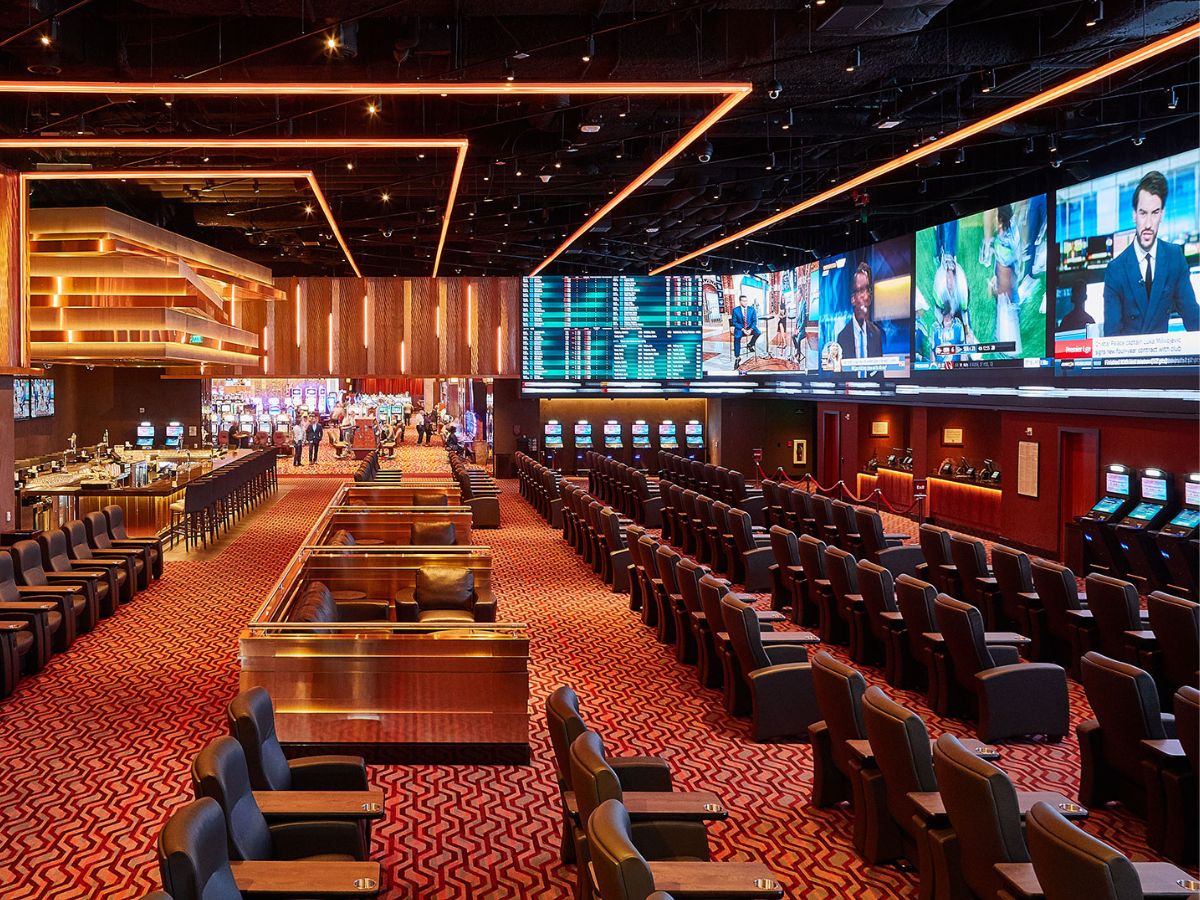
In the world of gambling, in which chance and strategy meet, a unique tapestry of beliefs unfolds—one that intertwines luck, fate, and the enigmatic nature of casino games. Casinos, bustling with excitement and anticipation, are not just venues for placing bets; they are also arenas in which superstitions thrive. Ranging from the novice player to the seasoned gambler, these mysterious practices often shape how individuals approach the games they play, holding the belief that their actions can impact the outcome in ways that go beyond mere probability.
As players gather around roulette wheels, blackjack tables, and slot machines, the atmosphere is thick with stories of lucky charms, rituals, and codified behavior that defy logic yet provide a sense of comfort. Bsports Whether it’s wearing a specific outfit, following a particular sequence of bets, or even avoiding certain numbers, the attachment to various superstitions reflects a deep-rooted desire to master the uncontrollable. This article delves into the captivating world of casino game superstitions, examining the beliefs that both entertain and mystify those who dare to play.
Cultural Roots of Superstitions
Gambling activities have long been entwined with an host of superstitions that can be traced to early societies. The roots of these ideas can be linked to humanity’s fundamental need to influence the unpredictable outcomes connected with chance and randomness. In primitive civilizations, games of chance were often connected to religious practices. Gamblers would seek aid or seek favor from deities, believing that their actions could affect the outcomes in their benefit. This groundwork laid the groundwork for the myriad of superstitions that developed as casino games evolved over time.
During the medieval period, betting became a common pastime across the continent, and with it, a rich tapestry of superstitions appeared. Participants adopted different rituals and charms, believing they could affect the consequences of games. The importance of digits, in particular, emerged to show in superstitions around card games and dice. The number seven was often considered favorable, while different numbers carried unfortunate connotations. These notions mirrored the societal contexts of the time, evolving as they moved through generations and transformed to different gaming environments.
As casinos emerged in the seventeenth century, particularly in the Italian peninsula and France, the atmosphere surrounding gambling became steeped in mystery. The growing openness of casino games allowed for the dissemination and growth of superstitions among players. Concepts like charmed charms, specific seating positions, and rituals gained importance, creating a special culture within betting houses. As these customs continued to thrive, they became integral to the essence of gambling activities, illustrating how history and tradition shape the belief systems that influence how participants interact with chance.
Widespread Casino Superstitions
Superstitions surrounding casino games are plentiful and diverse, mirroring the dreams and anxieties of players as they participate in random activities. One of the most prevalent views is that specific digits bring luck or misfortune. For example, the digit seven is often seen as a favorable number, frequently embraced by gamblers looking for a positive outcome. Conversely, the digit thirteen is routinely considered unlucky, leading many players to steer clear of it during their gambling sessions.
A common belief relates to practices that gamblers believe can influence their chances. Whether blowing on the dice before a roll, using a particular gesture to place a wager, or even wearing particular items of clothing, many individuals feel that these rituals can sway fate in their benefit. These rituals offer a sense of power in an otherwise random environment, strengthening the idea that luck can be created through personal beliefs and customs.
Lastly, the ambiance and vibe of the casino itself contributes to superstition. Many players suggest that the presence of specific symbols, such as four-leaf clovers or lucky coins, can enhance their chances of winning. Additionally, players might hold to the notion that winning streaks can be halted by mundane events, such as someone walking past or a accident at the gaming surface. The shared environment in a gambling house can amplify these beliefs, creating a communal culture of myths that transcends individual encounters.
Impact of Superstitions on Players
Superstitions play a crucial role in the psychology of casino players, often affecting their actions and choices. A lot of gamblers think that fortune can be influenced through different rituals, such as donning a talisman, choosing particular hues, or steering clear of particular digits. This reliance on superstitions can create a sense of control in an environment that is intrinsically unpredictable. Players frequently feel more confident and engaged when they feel that their actions could sway the result of a game in their advantage.
The influence of these superstitions extends beyond individual players, affecting the overall atmosphere inside the casino. For instance, a player who holds the belief in the luck of a particular slot machine might attract a crowd, as others are intrigued by their apparent success. This shared belief can heighten excitement and create a lively environment, leading to an engaging experience even for those who may not necessarily be superstitious. The excitement around certain games can lead to increased participation and extended playing sessions, supporting the casino’s vibrant social scene.
In some instances, superstitions can lead to negative effects for players. Relying too much on rituals can result in poor gambling decisions, as some may overlook basic strategies in favor of unfounded beliefs. Additionally, the pressure to perform rituals may increase anxiety and stress levels, diminishing from the pleasure of the experience. Ultimately, while superstitions can enhance the excitement of playing casino games, they can also lead to unwise choices that overshadow the fun and entertainment intended in the casino experience.
